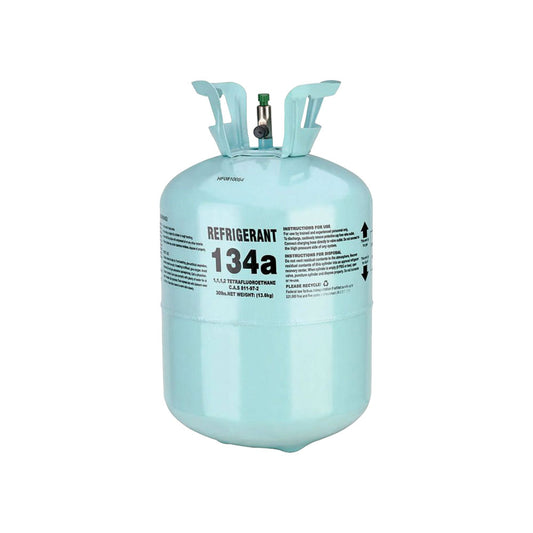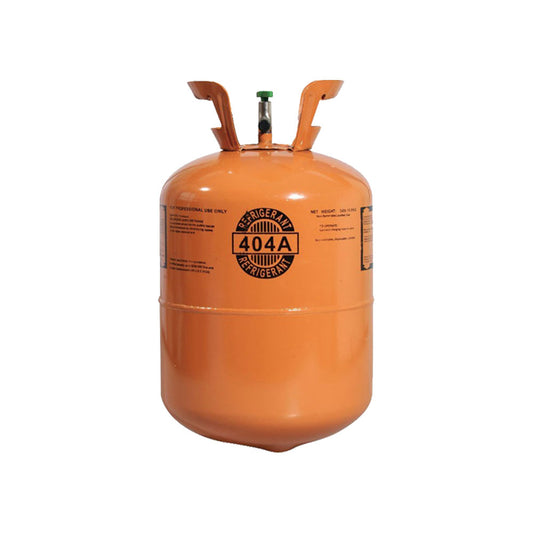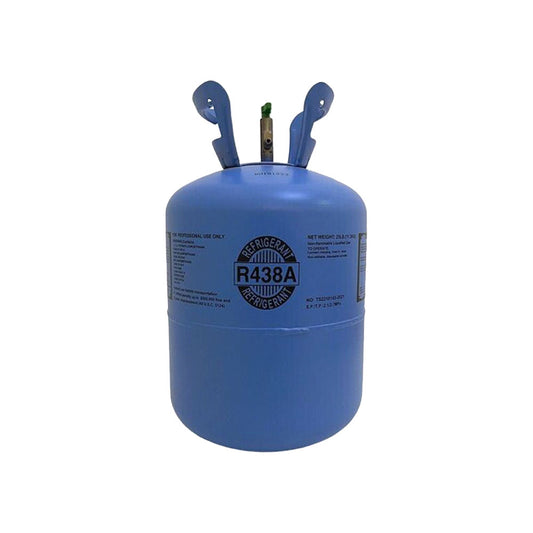5 Facts About R-1234yf and the Future of Automotive Refrigerants
Share
As the automotive industry continues to evolve, so does the technology behind the refrigerants used in vehicles. One such refrigerant that has been making waves in recent years is R-1234yf. But what exactly is R-1234yf, and how does it impact the future of automotive refrigerants? Let's delve into five key facts about R-1234yf and its implications for the industry.
1. What is R-1234yf?
R-1234yf is a next-generation refrigerant that is designed to replace R-134a, which has been widely used in automotive air conditioning systems for many years. R-1234yf is considered a more environmentally friendly alternative, as it has a significantly lower global warming potential (GWP) compared to R-134a.
2. Environmental Impact
One of the main reasons for the transition to R-1234yf is its lower GWP. R-1234yf has a GWP of 4, which is much lower than the GWP of R-134a, making it a more sustainable choice for automakers looking to reduce their carbon footprint. This shift aligns with global efforts to combat climate change and reduce greenhouse gas emissions.
3. Regulatory Compliance
Due to its environmental benefits, R-1234yf has gained regulatory approval in many regions around the world. In fact, the European Union has mandated the use of R-1234yf in all new passenger vehicles since 2017. This regulatory push has accelerated the adoption of R-1234yf in the automotive industry.
4. Compatibility and Performance
Automakers have been investing in research and development to ensure that R-1234yf is compatible with existing vehicle systems and offers comparable performance to R-134a. While there have been some concerns about flammability, extensive testing has shown that R-1234yf is safe for use in automotive applications when handled properly.
5. Future Outlook
As the automotive industry continues to prioritize sustainability and environmental responsibility, the demand for R-1234yf is expected to grow. Automakers are increasingly adopting this next-generation refrigerant in their vehicles, paving the way for a more eco-friendly future for automotive air conditioning systems.
Overall, R-1234yf represents a significant step forward in the evolution of automotive refrigerants. With its lower GWP, regulatory approval, and compatibility with existing systems, R-1234yf is poised to play a key role in shaping the future of automotive air conditioning. Stay tuned for further advancements in this space as the industry continues to innovate and prioritize sustainability.




